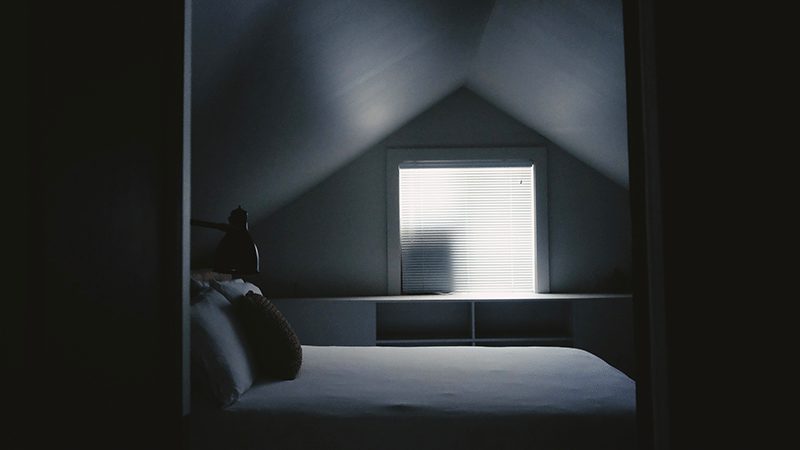Sleep & Memory
Episode #7 of the course How to manufacture the greatest sleep of your life by Austin Gill
There are two basic processes involved in memory—encoding and retrieval. Sleep is essential for both, and different phases of sleep play different roles in ensuring your memory functions well (Wagner, 2008). Here’s how it works:
Learning and memories recorded during waking hours are encoded in the hippocampus and neocortex. During deep sleep, pathways are opened between the neocortex and hippocampus that synchronize memories between these two areas—a process that’s essential for long-term memory and fact recall (Born, 2010). Deep sleep is also uniquely important for motor task learning and application of real life skills, such as standardized test taking (Walker, 2005). REM sleep is vital for emotional memory consolidation. It reduces the impact of negative emotions while preserving positive ones—a process aided by dreaming.
Essentially, this means that when you sleep, the brain replays events of the day and tucks them away where they are safe and can be easily retrieved. Sleep, then, is like practicing for memory.
Here’s one more way to improve memory practice.
Sleep Improvement Tip: Make Your Room as Dark as Possible
In the last episode we learned that artificial light throws off your body’s internal clock, or circadian rhythm, causing you to sleep less and lowering the quality of your sleep.
It’s now been shown that even small amounts of light DURING sleep have detrimental effects on sleep quality.
This was first proven when scientists exposed mice to dim light while they were sleeping and tracked metabolic changes. They found that the changes resulting from dim light exposure while sleeping led to obesity, chronic disease, improper liver function, and reductions in brain health (Fonken, 2013).
Darken your room as much as possible. Like hand in front of your face can’t see it dark. Every lumen counts.
• Get blackout curtains
• Ditch night lights
• Cover tiny blinking lights on monitors
• Cover lights on any power strip
• Cover the clock face on your alarm
• And anything else you can think of. Embrace the darkness.
And if you wake up at night to go to the bathroom, don’t flip on all the lights as you walk by. Your eyes will adjust, and so will your aim.
Tomorrow we’ll be talking about how sleep regulates creativity, and I’ll tell you about some supplements that can help you get to sleep fast when you’re in a jam.
Sleep tight.
Recommended book
Dreamland: Adventures in the Strange Science of Sleep by David K. Randall
Share with friends

